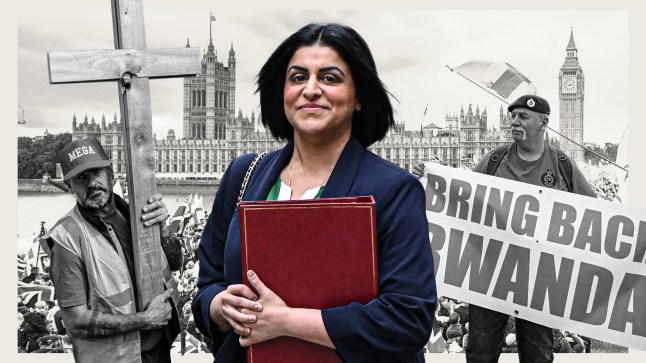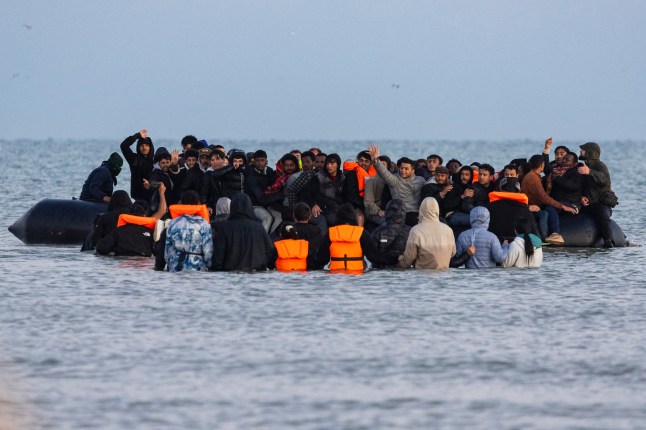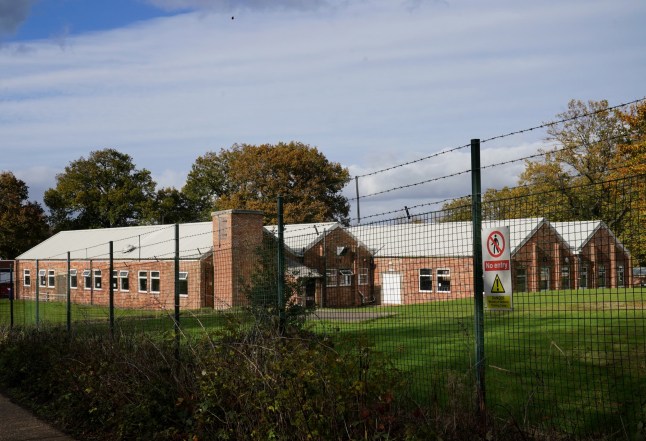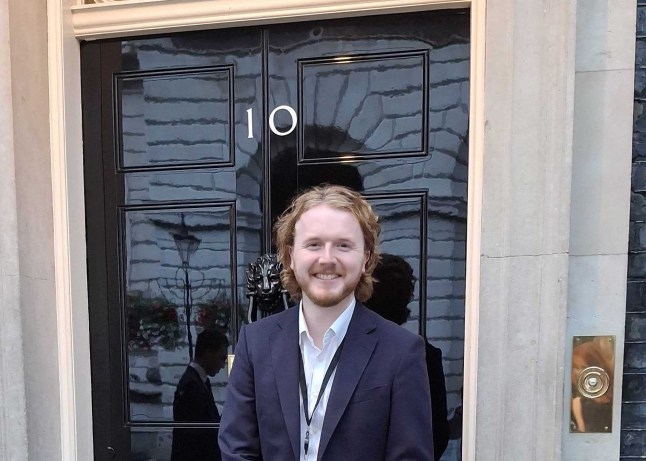
Home Secretary Shabana Mahmood is facing an increasingly febrile mood over the asylum system in the UK (Picture: Getty)
Illegal migration has rarely been out of the headlines over the past few years,as tens of thousands of people have made their way to the UK on small boats.
Polls show the issue has steadily crept up the list of priorities for British voters,with more than half ranking it among their top three in YouGov’s most recent findings.
Yesterday,Home Secretary Shabana Mahmood unveiled her dramatic and ambitious plans for making the UK less appealing to illegal migrants.
They involve changing the law so the government can choose not to provide asylum support in certain circumstances,and making refugee status temporary.
With such a politically charged issue,it can be hard to sort fact from fiction.
Figures such as independent MP Rupert Lowe,formerly of Reform,have claimed illegal migrants are treated ‘better than actual taxpaying British men and women’.
But does that claim stand up to scrutiny?
First things first – ‘illegal migrant’ is a term widely used in the media for a person who is living in a country through an unauthorised route.
You might find the term ‘irregular migrant’ used more often in official sources like government documents.

Tens of thousands of migrants have come to the UK on small boats in recent years (Picture: Sameer Al-Doumy/AFP)
Many – but not all – of the people in this category are asylum seekers,meaning they have come to the UK to claim political asylum.
Some of these people are genuinely fleeing current or imminent war,torture or persecution. Some of them are not.
The UK asylum system tries to sort the genuine claims from the false ones. If they’re accepted,the person is granted refugee status and they can stay in the country; if not,they must leave.
Many people in many different situations can fall into the category of ‘illegal migrant’ – for example,they might include people who entered the UK on a visa but have overstayed.
So,it’s difficult to pin down a single experience to compare with British citizens.
However,much of the attention has been focused on those living in government accommodation awaiting a decision on their asylum claims.

Crowborough Training Camp in East Sussex,which is to be used temporarily is housing for asylum seekers (Picture: Gareth Fuller/PA Wire)
These people are only granted support if they are considered destitute,meaning they do not have adequate accommodation and/or they can’t meet their basic living needs.
That support includes:
Free housing,in an area of the country they cannot choose
£49.18 a week for food,clothing and toiletries,per person in the household (or £9.95 if food is provided by the accommodation)
Free NHS healthcare – as well as free prescriptions,free dental care and free eye tests through an HC2 certificate
Limited free transport to medical and Home Office appointments – though the government has said it will phase out the use of taxis
Other services such as gym memberships and driving lessons are offered free or at a discount in parts of the country,though these are typically provided by local councils or charities
Meanwhile,asylum seekers are not legally allowed to work until they have been waiting for their claim to be processed for more than 12 months.
 I have interviewed top political figures,including Prime Minister Sir Keir Starmer (Picture: Craig Munro)If you want to know more about the government and how new policies affect you,sign up now.
I have interviewed top political figures,including Prime Minister Sir Keir Starmer (Picture: Craig Munro)If you want to know more about the government and how new policies affect you,sign up now.United News - unews.co.za